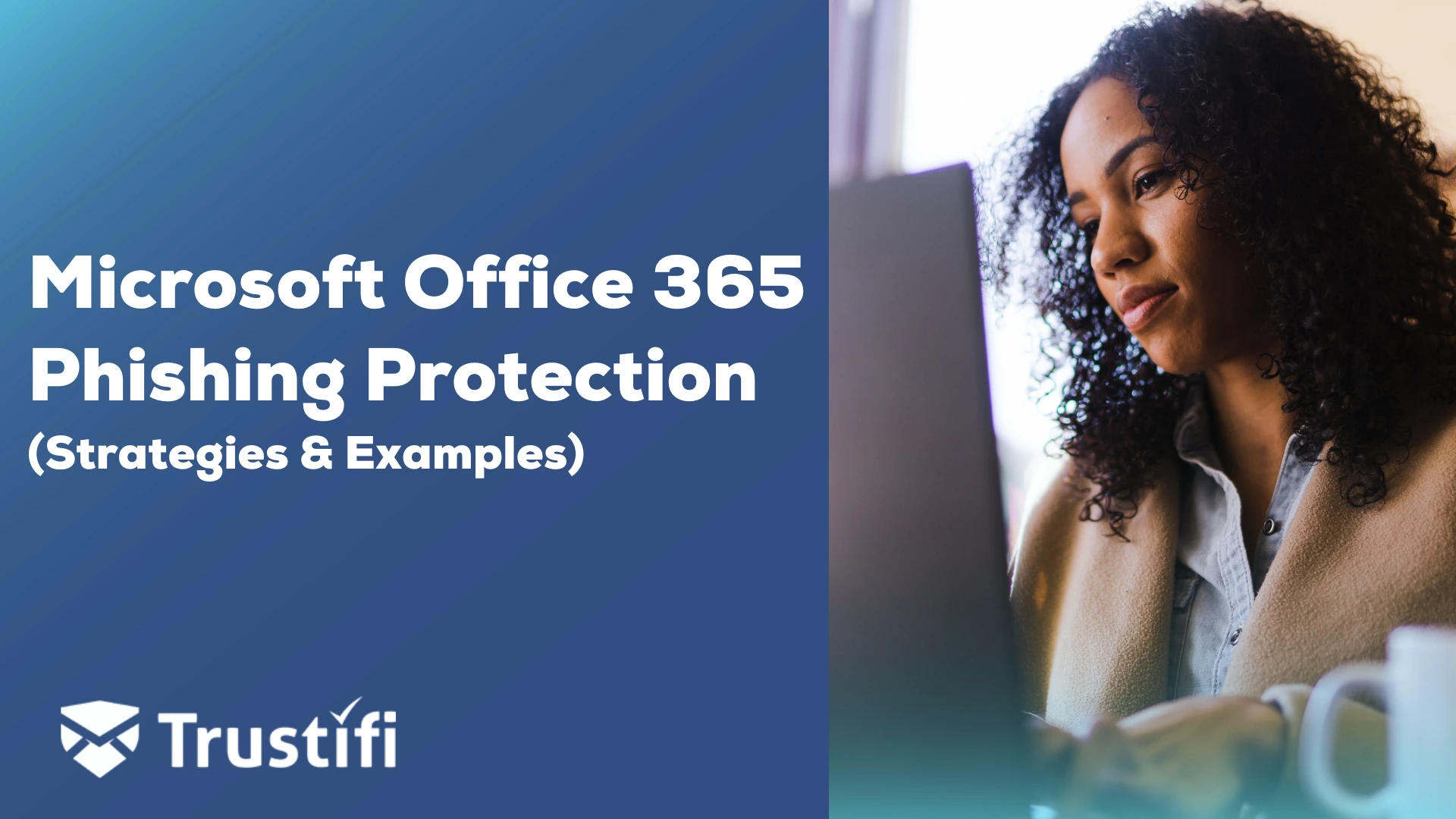It appears that being duped by online phishing scams happens to the best of us.
Between 2013 – 2015, Google and Facebook were scammed for more than a combined $120 million by 50-year-old, Evaldas Rimasauskas of Lithuania. In March, Rimasauskas pled guilty to one count of wire fraud against the two industry giants, admitting to hatching a scheme (with the help of unnamed conspirators) to pose as Quanta Computer, a laptop manufacturer based out of Taiwan.
The Scam
Allegedly, Rimasauskas registered and incorporated a fake business in Latvia under the name Quanta Computer, a company that regularly conducts business with both Google and Facebook. Then, he developed an infrastructure through which phishing emails were sent to Quanta’s business partners at Google and Facebook, requesting that they send their payments for services rendered by Quanta to bank accounts in Latvia and Cypress that Rimasauskas operated.
These fraudulent emails that contained false invoices, contracts, and letters with forged signatures of actual Quanta executives, were convincing enough to fool the powers that be at Google and Facebook to the tune of $23 million and $98 million, respectively. Lost millions that can never be recovered.
It wasn’t until a couple of years after conducting the lucrative phishing scam that Rimasauskas was caught. He was arrested by local Lithuanian authorities in March of 2017, and extradited to the United States a month later. Rimasauskas’s trial is slated for this coming July, at which point he could face a prison sentence of up to 30 years.
The Outcome
Rimasauskas’s phishing scam serves as proof that if a 50-year-old man operating a phony business from his laptop halfway across the world can fleece two of the world’s most tech-savvy corporations out of more than a combined $120 million, it truly can happen to anyone.
As unusual as the circumstances in this case may seem, it’s far from being an isolated incident. Just last year, online retail mogul, Amazon was scammed out of millions of dollars by normal civilians on two separate occasions!
Federal investigators claim that the criminal practice of defrauding businesses using phishing emails has become increasingly common in recent years. In 2017, the FBI reported that the defrauding of businesses by way of fraudulent emails had netted over $3 billion in losses since 2013.
How to Protect Your Business
Once upon a time, phishing attempts were easy to spot and could be identified with a mere glance. But the rapid rise of successful phishing schemes in recent years serves as evidence that online criminals are getting better at crafting fraudulent emails. Even the most sophisticated businesses are finding phishing schemes to be more difficult to identify.
Luckily, there are some telltale signs that an incoming email has been sent as part of a phishing scam.
Watch Out For Spelling and Grammar
With phishing attempts, the adage “if it looks like a dog and sounds like a dog, it probably is one” certainly rings true. Phishing scam emails are commonly flooded with spelling and grammatical errors.
Tread carefully when receiving an email with unusually poor spelling. And if in doubt, contact the sender to confirm that they did in fact attempt to send you the email–especially when it’s an email asking you to do something with your bank account or execute some type of monetary transaction.
Apply the same logic when checking the sender’s address of an email that causes you to raise an eyebrow. Oftentimes, phishing scammers can replicate the domain name and even the logo of a major corporation. The good news is they can’t replicate the exact email address. Therefore, keep an eye out for email addresses that appear to be off by a few letters or numbers.
Watch Out For Emails With Urgent Messages
Another common trick utilized in phishing scam is to grab your attention by imbuing emails with a sense of urgency. The most common phishing email examples of this includes false claims that an account has been hacked, threats that incriminating material is obtained, or offers for a time-sensitive promotion.
When receiving such an email, especially one that makes you feel like you, your bank account, or your reputation is somehow in danger, it’s a natural reaction to accept it as fact and click on any link the email instructs you to do so.
Take a deep breath. Most emails featuring urgent messages should be examined closely. Make sure to read through email carefully before clicking any links and/or attachments.
Employ Email Security
The most effective way to avoid phishing scams is to utilize an email security service like Trustifi. Trustifi is a SaaS platform that works to encrypt, protect, and ensure the delivery of each email. Trustifi also authenticates incoming emails and alerts the user when an email is identified as suspicious and most likely fraudulent. Good email security services will monitor all incoming and outgoing mail, not only protecting your email communication, but also enhancing the effectiveness of your process as a whole.
The reality is—with scammers being able to hide behind their keyboards—everyone needs an secure email security service.


